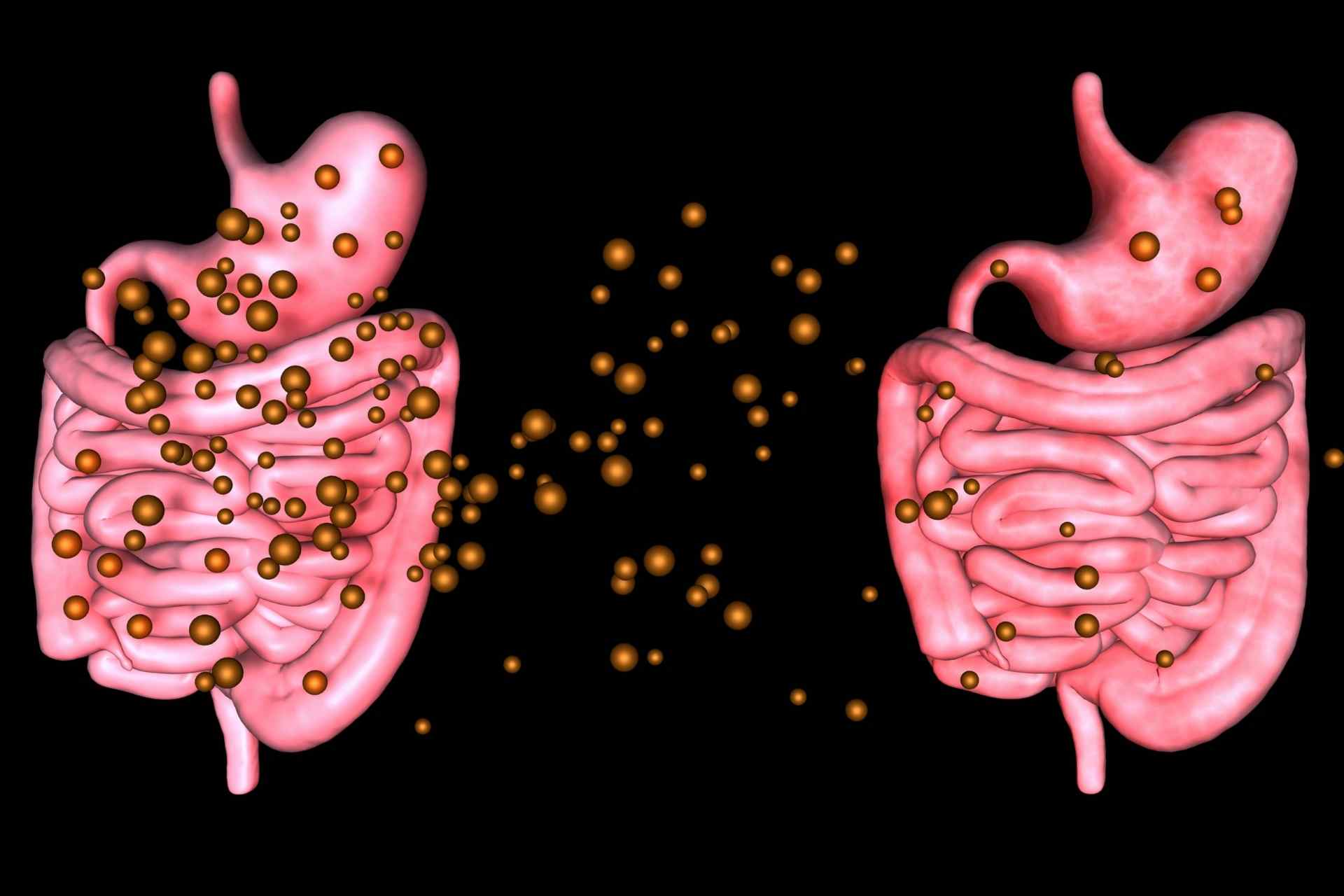What is already known
Fecal microbiota transplantation (FMT) has proved effective to treat recurrent infection with Clostridioides difficile, a bacterium that can cause severe diarrhea, and is considered a promising therapeutic approach against other microbiota-associated diseases such as irritable bowel syndrome. However, how well the transplanted microorganisms engraft into the recipient’s gut is still unclear.
What this research adds
Researchers analyzed more than 1,300 gut microbiota samples from donors and recipients of FMT. FMT recipients had diseases that included C. difficile infections, melanoma, irritable bowel syndrome and chemotherapy-induced diarrhea. Recipients with higher levels of engraftment of the transplanted microorganisms were more likely to experience clinical success. The researchers could also predict the composition of the donor microbiota after transplantation.
Conclusions
The findings could help to optimize FMT protocols and identify the most suitable donors for transplantation.
Transferring stool from a healthy individual to the gut of a sick person has proved effective to treat recurrent infections with harmful bacteria, but the procedure is not widespread in the clinical practice due to some gaps in knowledge. Now, researchers have found that the greater the levels of engraftment of the transplanted gut microbes, the greater the chances of success of the therapy.
The findings, published in Nature Medicine, could help to optimize protocols for fecal transplants and identify the most suitable donors.
Fecal microbiota transplantation, or FMT, delivers a donor’s gut microbiota to the gut of a recipient person through different means, for example in capsules or during a colonoscopy. Today, FMT is considered a promising therapeutic approach against microbiota-associated diseases such as irritable bowel syndrome, but how well the transplanted microorganisms engraft into the recipient’s gut is still unclear.
To address this question, a team of researchers led by Gianluca Ianiro (Gemelli University Hospital, Rome) and by Nicola Segata at the University of Trento analyzed 1,371 gut microbiota samples from FMT donors and recipients. FMT recipients had diseases that included C. difficile infections, melanoma, irritable bowel syndrome and chemotherapy diarrhea.
Gut engraftment
The researchers used genome sequencing to identify the different bacterial strains present in the microbiota, which allowed them to work out whether a particular strain was transmitted from the donor to the recipient.
Recipients with higher levels of engraftment of the transplanted microorganisms were more likely to experience clinical success, the researchers found. The engraftment appeared to be greater in people with infectious diseases than in those with chronic diseases, who have a more severe microbiota imbalance compared to the former.
Recipients who received antibiotic therapy prior to the transplant had higher levels of engraftment than those who didn’t. And delivering the microbiota through multiple routes, for examples through capsules and colonoscopy, boosted engraftment, the team found.
Microbial diversity
The researchers discovered that the engraftment of some microbial species such as Proteobacteria and Actinobacteria was more successful than that of other species, including Firmicutes.
The team could also predict, after transplantation, the composition of the donor microbiota. Because a high microbial diversity is a sign of microbiota health, being able to predict the composition of the donor microbiota could help to identify those whose feces can increase the diversity of the microbiota in recipients after the transplant.
Several studies have shown that gut microbes can sway a person’s response to immunotherapy against specific types of cancers. Now, the team plans to conduct a clinical trial to assess whether FMT can help to boost response to immunotherapy in people with advanced kidney cancer.









